As Chancellor, Helmut Schmidt supported a close partnership between Germany, Europe, and the United States. Of course, transatlantic relations were also marred by tensions when Schmidt was an active politician, as it was later on in the post-World War II period – think, for example, of the US military operation and the “coalition of the willing” in Iraq from 2003 onwards. But never before has the transatlantic partnership been as strained as it is today under the presidency of Donald Trump, who perceives international alliances and treaties as restrictive and repeatedly attacks his European partners. What does this mean for the future of the transatlantic relationship?
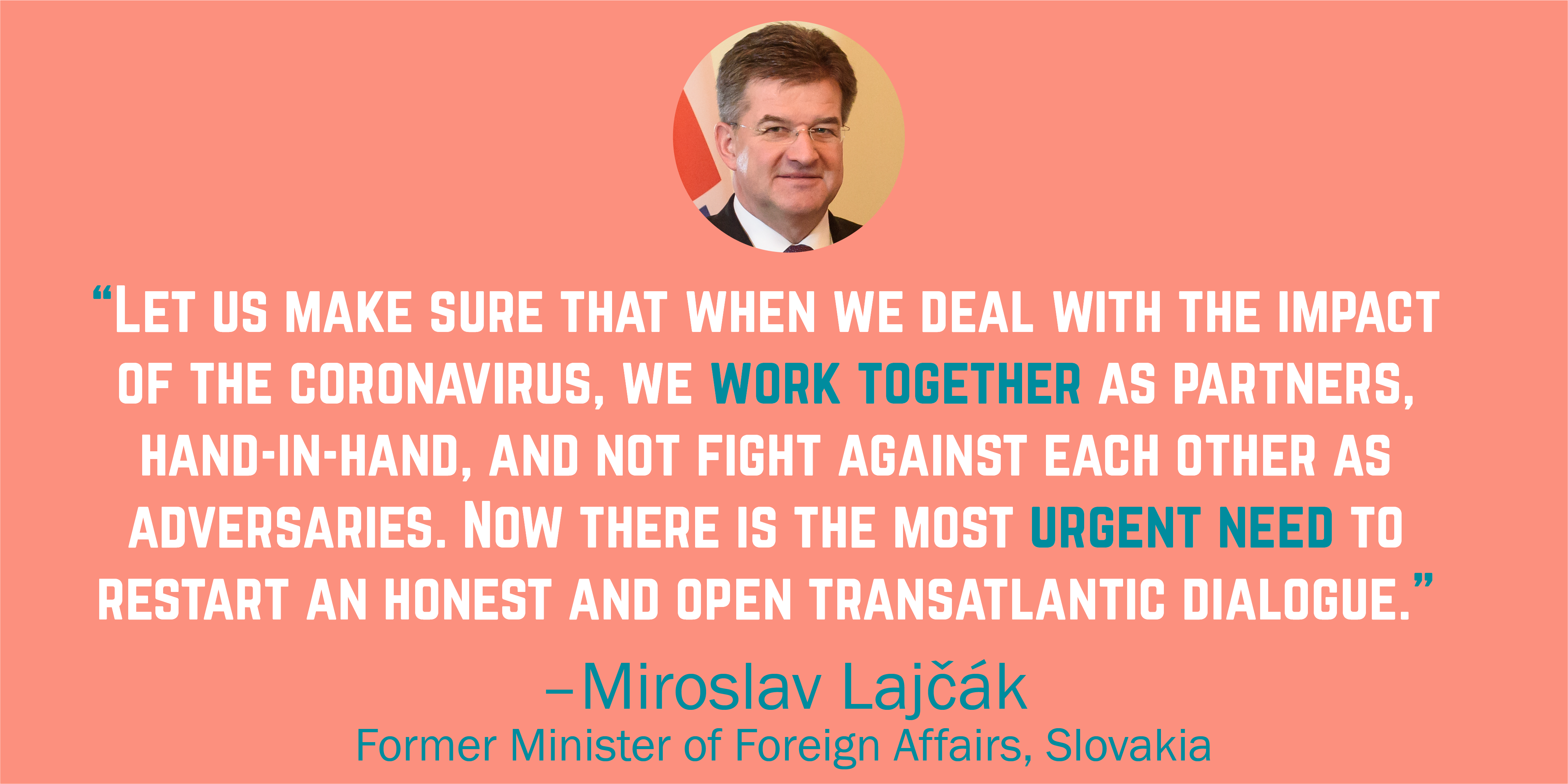
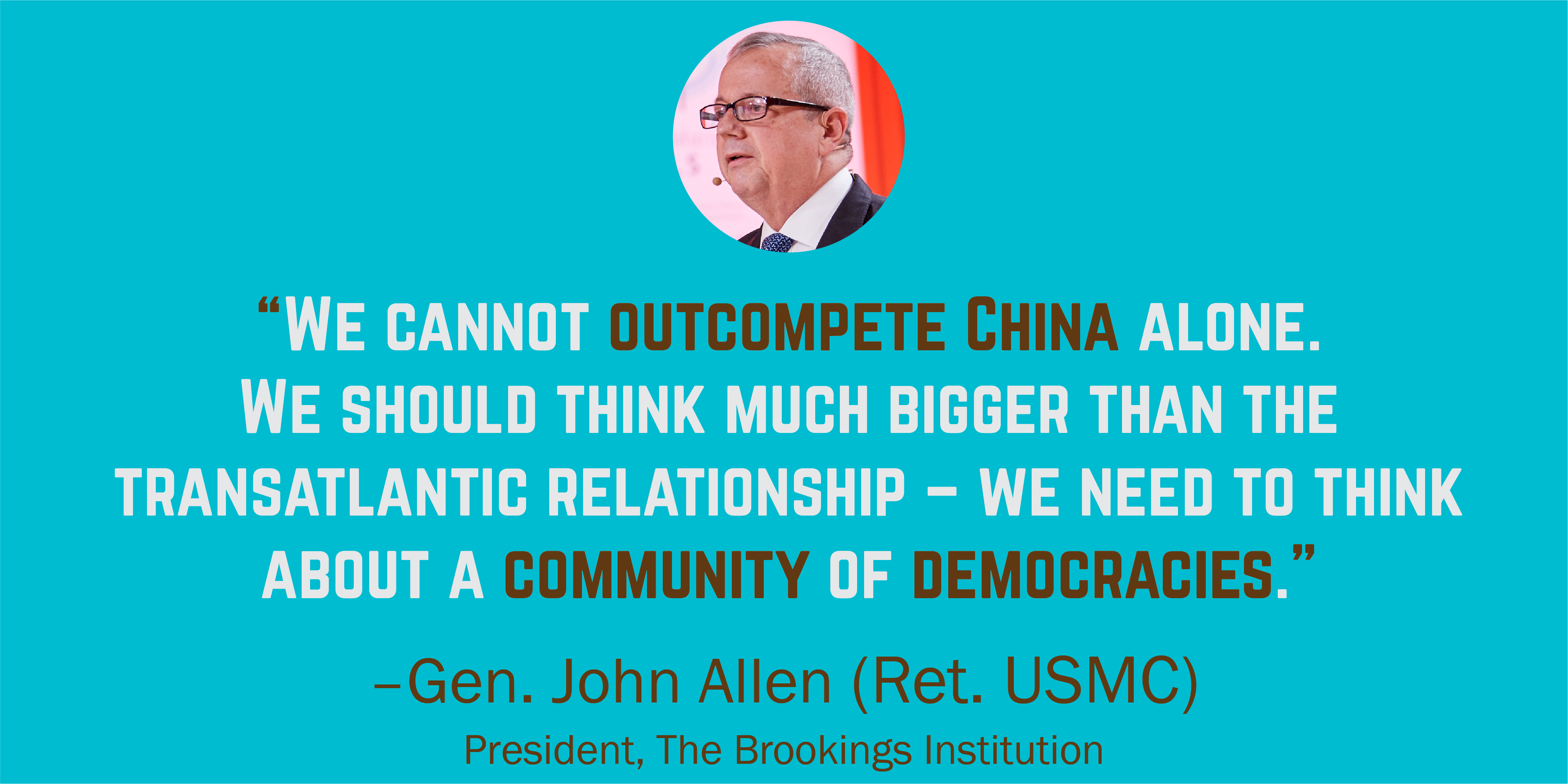
On 27 and 28 of March 2020, the Transatlantic Task Force, constituted by the Bundeskanzler-Helmut-Schmidt-Stiftung and the German Marshall Fund of the United States (GMF), met for the first time – a group of 14 policy experts from both sides of the Atlantic. The goal: to develop concrete policy recommendations for political decision-makers in Europe and the United States that consider two scenarios: What can we do if Trump is re-elected as president in November? And what is realistic if a Democrat wins the election?
Among the questions the Task Force debated on Friday and Saturday were:
- Do we need a new transatlantic trade agreement?
- What can a future transatlantic climate policy look like with and without Donald Trump in the White House?
- What are the most important security policy needs of the transatlantic partnership in years to come?
- How can and should the transatlantic partners engage with a rising China?
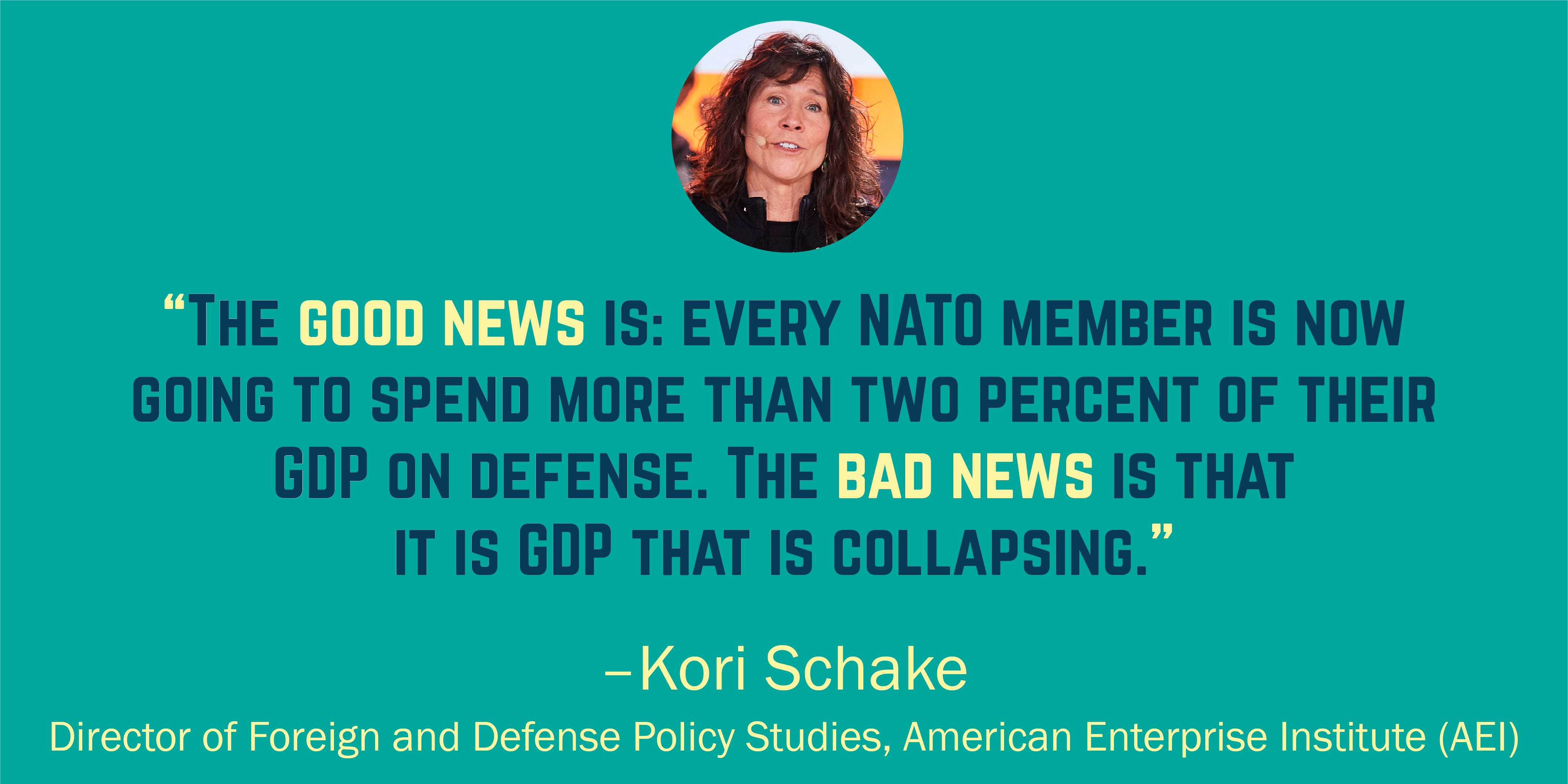
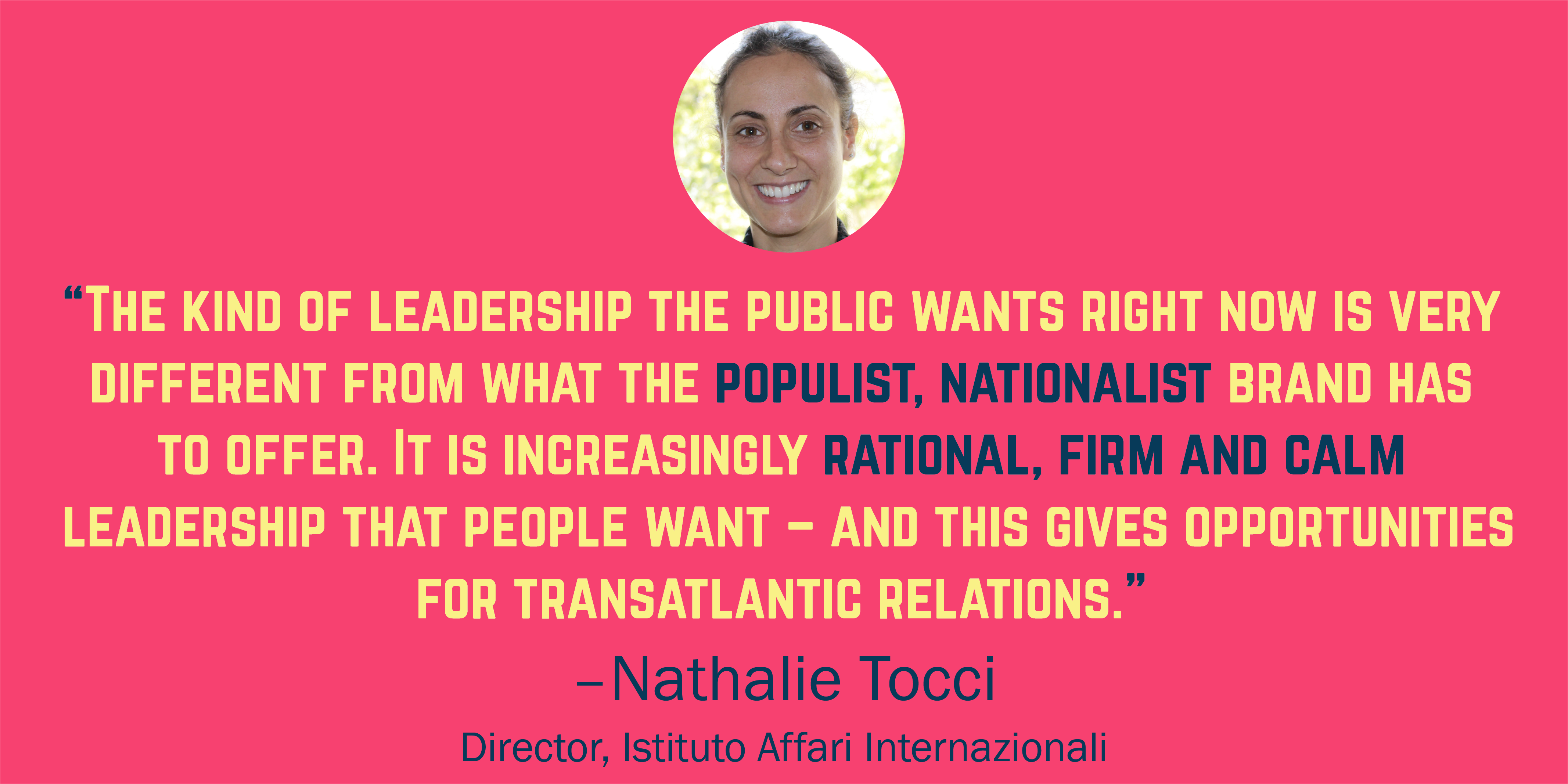
The COVID-19 pandemic not only forced the Task Force to meet in a virtual format rather than at an in-person conference. The video conference also made obvious once again how much the crisis already affects our thinking in each policy area and what lasting impact it could have on transatlantic cooperation. Will our dealing with the pandemic result in an even greater transatlantic alienation, for example if the US government tries to secure exclusive rights for a vaccine developed in Germany? Or could joint solutions within existing institutions bring us closer together? How will the crisis affect our ambitions with regard to climate change? And to what extent does the virus exacerbate long-standing security challenges, such as existing humanitarian crises in North Africa or the increasing inefficacy of international organizations?
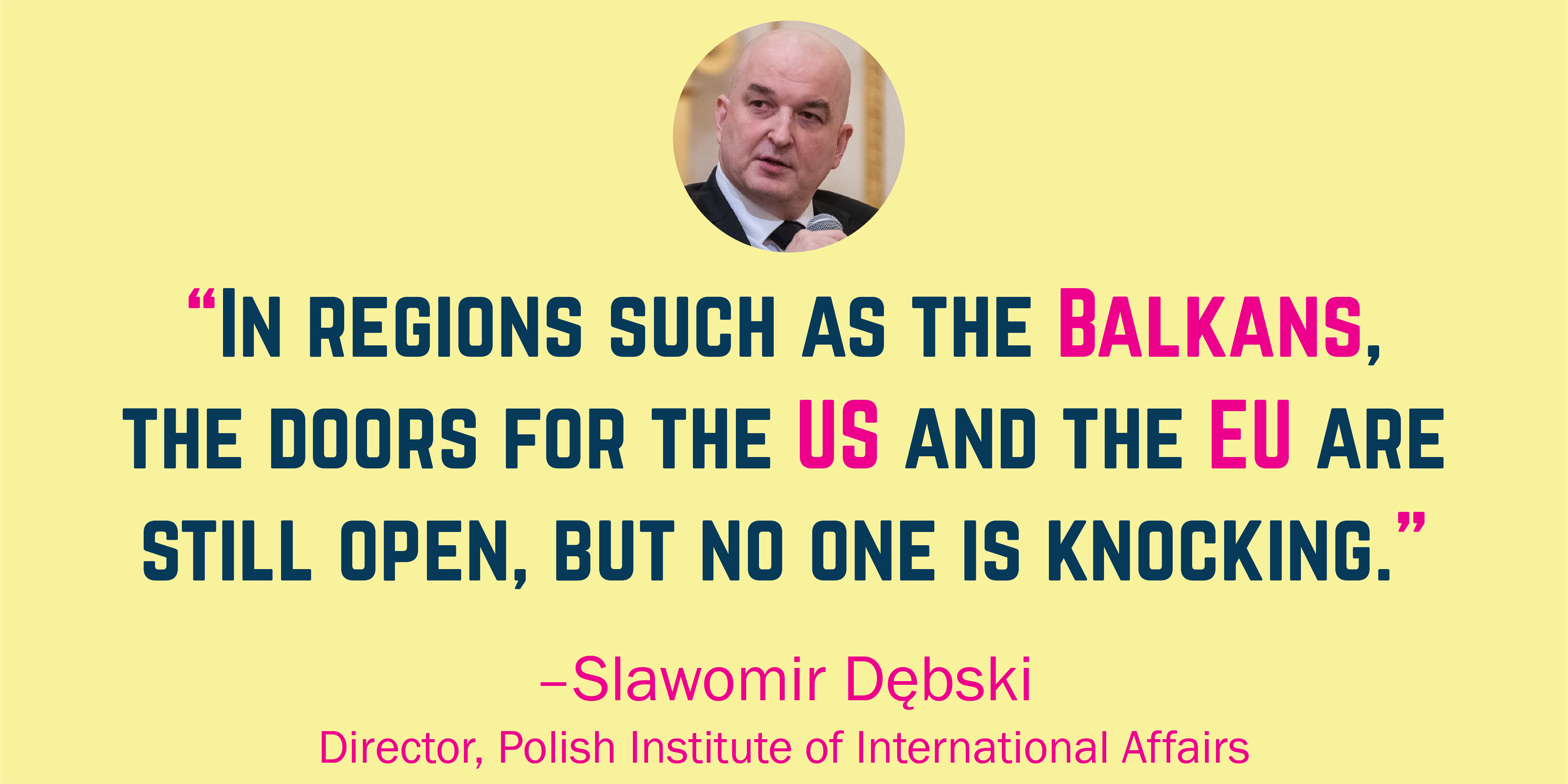
The final recommendations report of the Transatlantic Task Force will be published in September 2020.

